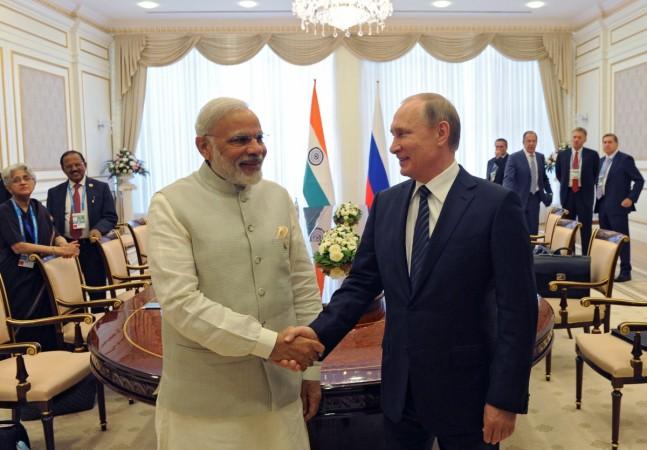
As nuclear supplier group (NSG)'s plenary session in Seoul concluded on Friday leaving India's request for its membership open to more discussions in future, reports said that this was still a forward movement as far as foreign policy is concerned. India has successfully won many countries' support that were previously against it, while limiting China's strength of opposition by projecting it as part of an axis with Pakistan.
Shyam Saran, former foreign secretary of India, said the efforts needed to continue as NSG membership will help India influence the future course of the multinational body's guidelines and policies. It will help safeguard the country's interest within the emerging nuclear regime.
India should not regard this as a dead end but continue to engage in "active diplomacy" to drum up more support, including with China, in the following weeks and months, he told First Post. He added that China would not want to scuttle the relationship it has built with India on many converging areas of interest.
The Times of India noted in a report that China's adamancy might dilute the value Indian government holds for regional blocs like BRICS, RIC or even BASIC, where both the countries have collaborated. It noted that in the present case, Chinese refusal of request by Indian head of the government may have consequences for its relationship with Beijing.
With Russia's full-fledged support for India's membership coming as late as Friday morning, India now has the backing of four of the five permanent members of the United Nation Security Council (UNSC).
It highlights that with the U.S., Britain and France all backing India, China would remain answerable at the next meeting. The developments at Seoul could also set two of Asia's most potential global powers against each other.

















